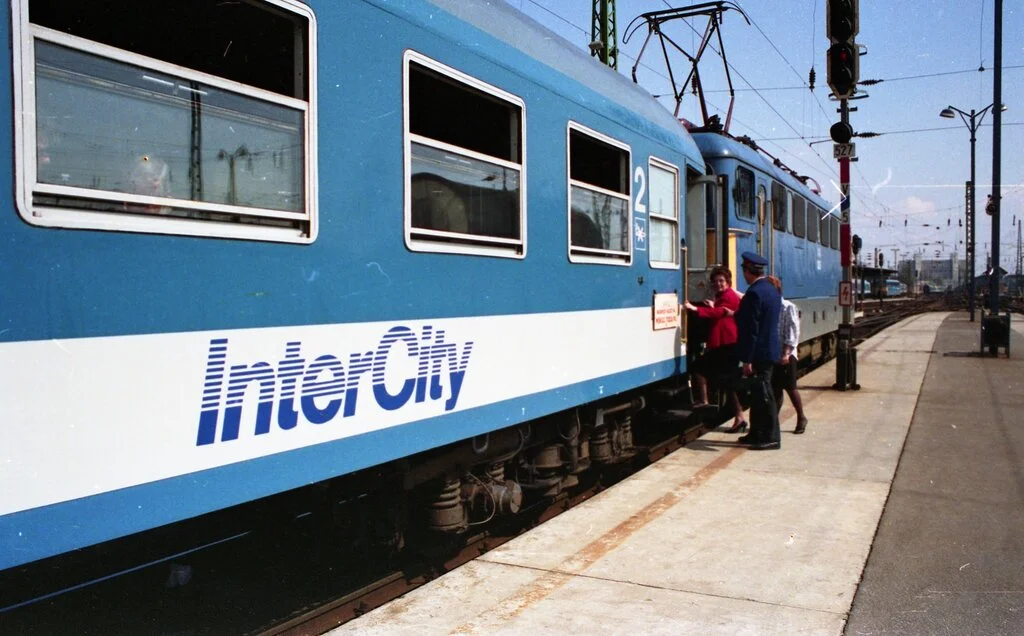MÁV hits a new negative record: Statistics regarding the delays in 2023
Over the years, MÁV’s punctuality has taken a significant dip. Among the main lines, those in Győr, Siófok, Vác, Miskolc and Debrecen have notably struggled to maintain their schedules. Interestingly, only the Pécs and Esztergom lines have shown any signs of improvement according to statistical data.
In recent years, Hungary’s state railway company has come under criticism for its performance. These criticisms are not unfounded; last year alone, MÁV’s services experienced astonishing delays totalling 5 years and 8 months, as reported by Telex. The primary reason could be attributed to the extensive maintenance needs across these lines. However, due to budget constraints, the railway company can only prioritise one line at a time, as exemplified by its recent focus on the Győr line.
The statistics
Statistics from MÁV indicate a significant deterioration in railway lines over the past few years. However, it is important to note that not all delays stem from the poor condition of the lines; some were also due to recent maintenance work carried out on the Győr line. These lines, which are in a sorry state, are not only crucial for Hungarians but also for foreigners, as they serve as vital connections between Hungary and other countries. For instance, the Győr line holds significance due to its connection to Vienna. Below are the statistics illustrating the change in delays from 2019 to 2023, presented in minutes:
- Budapest – Győr : 171,747 minutes (2019) – 555,214 minutes (2023)
- Budapest – Siófok : 179, 668 minutes (2019) – 516,904 minutes (2023)
- Budapest – Debrecen 503,224 minutes (2019) – 680,309 minutes (2023)
- Budapest – Miskolc 217,353 minutes (2019) – 697,950 minutes (2023)
The statistics reveal a substantial deterioration over the years, with some figures even showing an increase of more than threefold. Nevertheless, there were improvements observed on certain lines over the years. For instance, the Budapest – Esztergom line saw a decrease in delays from 174,446 minutes in 2019 to 55,118 minutes in 2023. Similarly, the Budapest – Pécs line reduced its delays from 230,381 minutes in 2019 to 191,411 minutes in 2023. These declines are promising indications that not all hope is lost, suggesting that deteriorating lines can be rescued with adequate attention from both the government and the company.
MÁV against delays
Over the years, the railway company has endeavoured to combat delays by reconstructing certain lines and enhancing the overall travel experience. Despite efforts such as increasing the frequency of trains departing from cities, these measures have had limited success in addressing the delay issue. Despite an uptick in the number of trains, delays persist. The condition of the trains presents another potential source of delays. In Hungary, the trains often suffer from age-related issues, with malfunctions being a common occurrence. These trains are generally old, rusty and in dire need of modernisation. While the government has prioritised improvements to the railways, efforts to update the train fleet are lagging behind. Furthermore, the overall system infrastructure remains outdated, despite MÁV’s attempts to integrate technologies such as the mobile application. This discrepancy in technology adoption contributes to inefficiencies within the system. Additionally, the company faces challenges due to a shortage of personal, with numerous job vacancies placing added strain on ticket inspectors and other staff.
please make a donation here
Hot news
Fine dining in Budapest is more expensive than in France or Spain!
Attention: Change in Turkish low-cost airline flying from Budapest to Istanbul
Orbán: Voting for the left means supporting war
Orbán-ally oligarchs made EUR 38 billion in state motorway concession
Third Hungarian UNESCO department established
What happened today in Hungary? — 2 May, 2024




